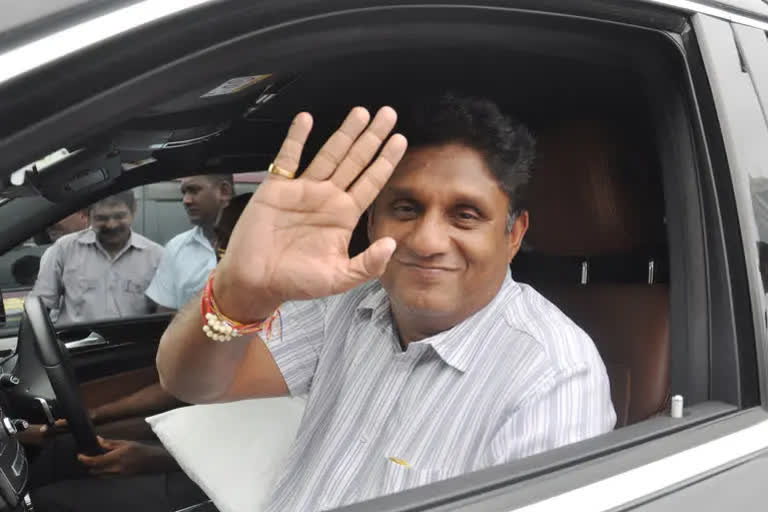Colombo: Sri Lanka's main Opposition party SJB on Friday announced that it will move a no-confidence motion against the government of President Gotabaya Rajapaksa if it fails to take steps to address the concerns of the public facing hardships due to the worst economic crisis. Opposition leader Sajith Premadasa also called for the Executive Presidency to be abolished, saying power should be divided between the Executive, Legislature and Judiciary.
The government must pay heed to the public demand for the Rajapaksas to quit, if not we will bring a no confidence motion," the leader of the Samagi Jana Balawegaya (SJB) told Parliament. The SJB has begun to collect signatures from MPs for the no-confidence motion, according to media reports. Rajapaksa earlier proposed the creation of a unity government, but the main Opposition party Samagi Jana Balawegaya (SJB) rejected the idea.
Premadasa said that he cannot agree to an interim Government with President Gotabaya Rajapaksa remaining as President. The SJB said that it is also prepared to impeach the President. He also submitted a set of proposals to Parliament on behalf of the SJB to address the economic crisis in Sri Lanka. The Opposition backs the public protests happening all over the island, demanding the resignation of the President and the entire Rajapaksa family. Opposition JVP legislator Vijitha Herath said if Rajapaksa does not resign there needs to be a motion of impeachment for his removal as the President. If he is not responsive to the problems of the people let's be ready to impeach and remove him," he said.
Thousands of people from all walks of life have been demonstrating, demanding a solution to the crisis and calling for Rajapaksa to resign over economic mismanagement. Rajapaksa has resisted the demands to step down, even after members of his own coalition joined the anti-government demonstrations this week, with governing party lawmakers calling for the appointment of an interim government to avoid possible violence. Parliament has failed to reach a consensus in three days of debate on how to deal with the economic crisis.
